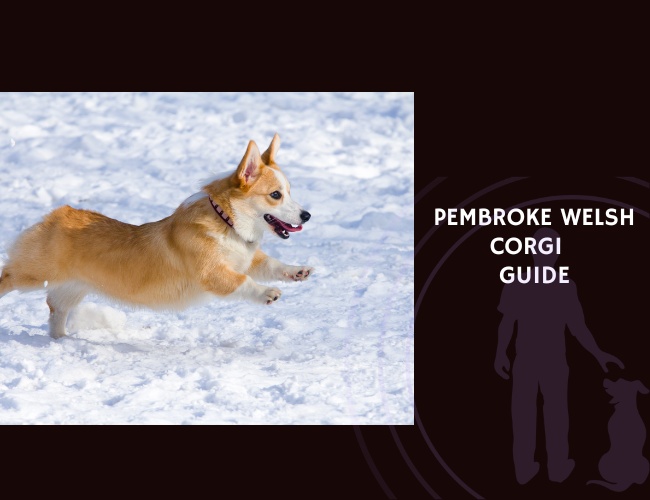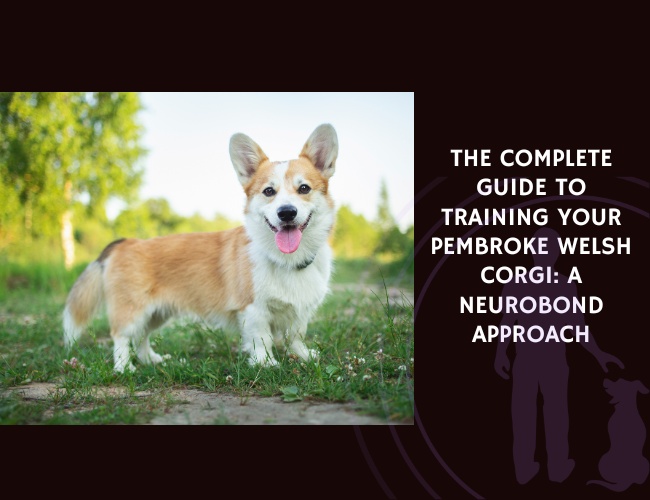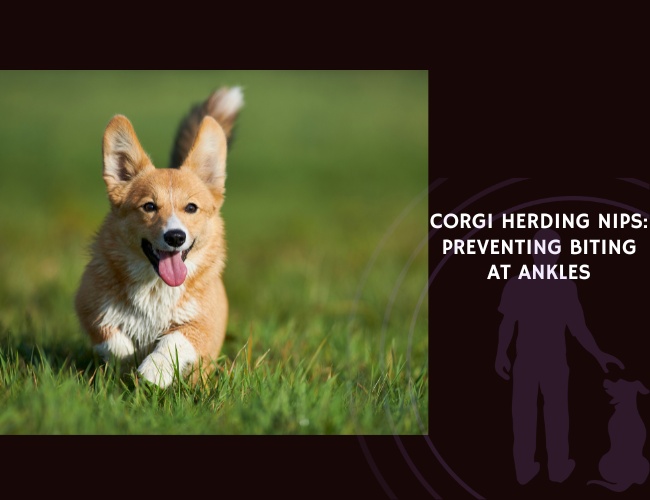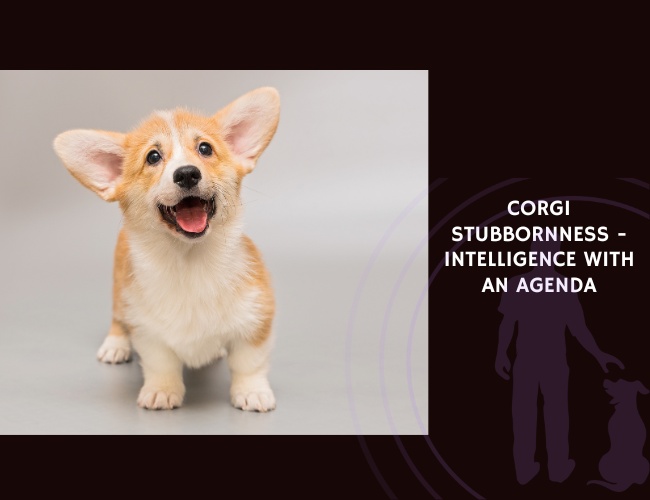Quick Facts about the Pembroke Welsh Corgi
- Origin: Wales (United Kingdom)
- Weight: 10–14 kg (male), 9–12 kg (female)
- Life expectancy: 12–15 years
- Coat Colour: Red, sable, fawn, black and tan (usually with white markings)
- Breed Group: Herding
The Pembroke Welsh Corgi is a spirited, short-legged herding dog known for its fox-like face, upright ears, and affectionate nature. Originally bred for cattle driving in Wales, it’s now beloved as a bright, loyal family companion.
Pembroke Welsh Corgi History
The Pembroke Welsh Corgi traces its origins to Pembrokeshire, Wales, where it was bred for herding cattle and guarding farms. Its short stature made it agile and efficient at nipping the heels of livestock without being kicked.
It is distinct from the Cardigan Welsh Corgi, with a shorter body, docked tail (historically), and a livelier personality. Legend holds that fairies used Corgis to pull their carriages—hence the “saddle” markings on their backs.
Corgis gained global fame through Queen Elizabeth II, who kept over 30 Pembrokes during her lifetime.

Pembroke Welsh Corgi Temperament
Alert, intelligent, and affectionate, the Pembroke Welsh Corgi is a natural herder and watchdog. It is outgoing without being overbearing and thrives in active families that involve it in daily life.
Corgis are vocal, observant, and highly responsive to training. Their intelligence and eagerness make them ideal for obedience, agility, and tricks. They bond deeply with their people and often shadow their favourite human from room to room.
Note: Without mental stimulation or clear boundaries, Corgis may develop bossy or pushy behaviors.
Health and wellness
Though small, Corgis are energetic and benefit from daily walks, structured play, and tasks that engage their working mind. Their herding instincts often translate into heel-nipping or chasing, so early redirection is important.
Their double coat sheds year-round and heavily during seasonal changes—regular brushing is necessary. Due to their long back and short legs, care must be taken to prevent excessive jumping or obesity.
Significant problems:
Degenerative myelopathy (DM)
Hip dysplasia
Intervertebral disc disease (IVDD)
Progressive retinal atrophy (PRA)
Obesity-related joint stress
Life expectancy: 12–14 years

The Complete Guide to Pembroke Welsh Corgi

The Complete Guide to Training Your Pembroke Welsh Corgi: A NeuroBond Approach

Corgi Herding Nips – Understanding & Preventing Ankle Biting

Corgi Stubbornness – Intelligence With an Agenda
🔍 Looking to go deeper into dog training?
Use these categories to explore targeted guides and articles on canine behavior, nutrition, obedience, entertainment, and more.









